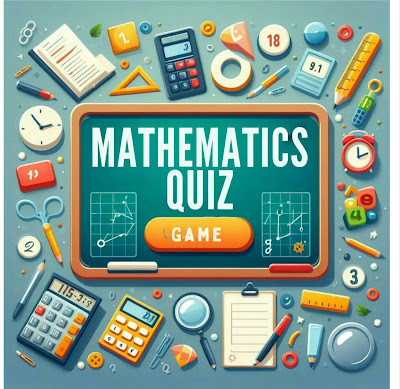Moments

Quiz 1: Fullscreen Mode Theory of Moments Theory of Moments What is a Moment? The moment of a force is the turning effect produced by a force acting at a distance from a pivot or fulcrum. It depends on: The magnitude of the force (\(F\)) The perpendicular distance (\(d\)) from the line of action of the force to the pivot The formula for calculating the moment is: Moment (\(M\)) = Force (\(F\)) × Perpendicular Distance (\(d\)) Unit: Newton meter (Nm) Law of Moments The law of moments states that for a system in equilibrium: Sum of Clockwise Moments = Sum of Anticlockwise Moments This means there is no net turning effect on the body. Conditions for Equilibrium A body is in equilibrium when: The sum of all forces acting on it is zero (no net force). The sum of all moments about any point is zero (no net moment). Examples and Applications Example 1: Balanci...


.jpeg)